
Pakistan to Face Energy Crisis without Iran’s Gas
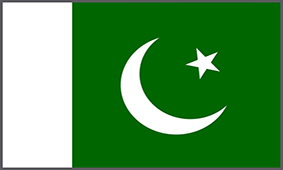
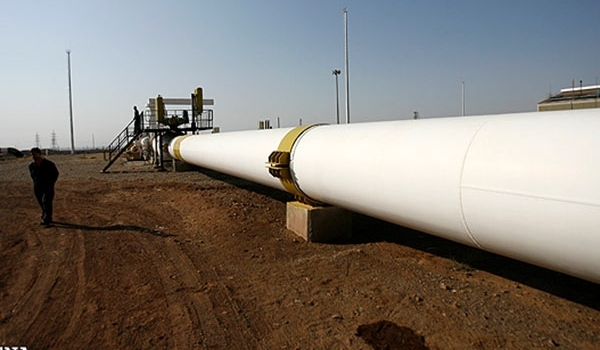
Policymakers of the Pakistan Tehreek-e-Insaf (PTI) government say the much awaited Iran-Pakistan (IP) gas pipeline project would be pursued expeditiously in the context of regional cooperation in the energy sector.
Local Pakistani media like ExpressTribune and propakistani are reporting that the policymakers fear worst gas outages in the country in the coming years and anticipate that there will still be a gap of 3,263 million cubic feet per day (mmcfd) in 2022-23 despite gas pipeline projects.
In order to bridge the gap, they recommend vibrant petroleum policies to accelerate exploration and production (E&P) activities, construction of more LNG terminals and expeditious implementation of the Turkmenistan-Afghanistan-Pakistan-India (Tapi) project with the capacity of 1,325 MMCFD which is already under implementation and is expected to be come online by December 2021.
They say the IP gas pipeline project with a capacity of 750 MMCFD – which is not progressing well – could be constructed on fast track basis with 24 months. It will further reduce the gap to 2,513 MMCFD.
The policy makers feel that phenomenal growth in demand for transport fuel and rising trend of the crude prices in the international market may pose a challenge to the PTI government.
“To supplement the indigenous gas supply in addition to the LNG imports, natural gas import projects like Tapi and the IP would be pursued expeditiously in the context of regional cooperation in the energy sector,” the PTI policymakers say in 12th Five Year Plan (2018-23) while discussing energy scenario of Pakistan in the next five years.
In a related front, earlier on December 01, Pakistani Petroleum Minister Ghulam Sarwar Khan underlined that his country deems Iran-Pakistan gas pipeline project as a very significant energy project, and said IP's completion would pave the way for putting an end to the energy crisis in Pakistan.
"We have now constituted a working group on the project; we will take decision keeping in view our interest," Sarwar Khan said.
The Pakistani petroleum minister underlined that Pakistan wants to implement the gas pipeline agreement between the two brotherly countries.
"That agreement was signed in 2009, but unfortunately could not be implemented," he said.
Sarwar Khan assured that he will try his best to start the IP project, and said, "We want completion of both IP and TAPI projects."
Iran has already built 900 kilometers of the pipeline on its own soil and is waiting for the 700-kilometer Pakistani side of the pipeline to be constructed.
The IP pipeline is designed to help Pakistan overcome its growing energy needs at a time when the country of over 180 million people is grappling with serious energy shortages.


Uzbek gold miner said to eye $20 billion value in dual listing

Peabody–Anglo $3.8B coal deal on the brink after mine fire

A global market based on gold bars shudders on tariff threat

Minera Alamos buys Equinox’s Nevada assets for $115M
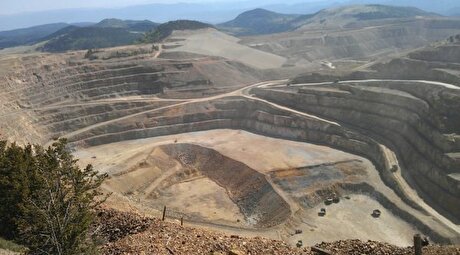
SSR Mining soars on Q2 earnings beat

Century Aluminum to invest $50M in Mt. Holly smelter restart in South Carolina
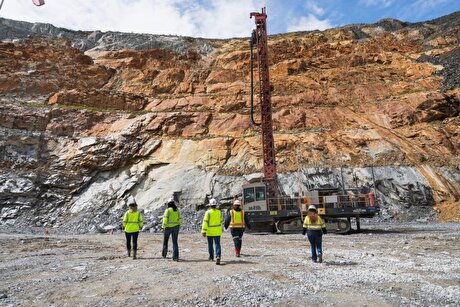
OceanaGold hits new high on strong Q2 results
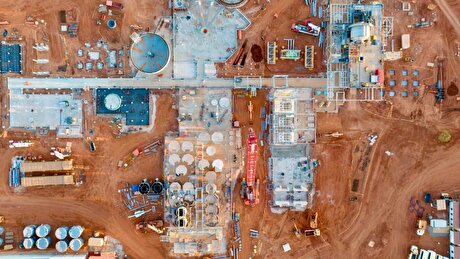
Australia to invest $33 million to boost Liontown’s Kathleen lithium operations

China limits supply of critical minerals to US defense sector: WSJ
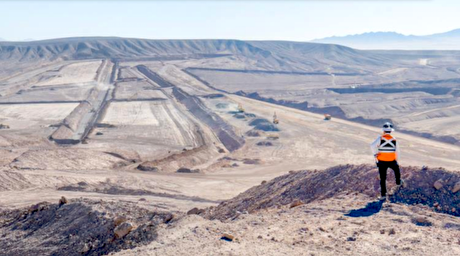
Antofagasta posts biggest profit margins since 2021
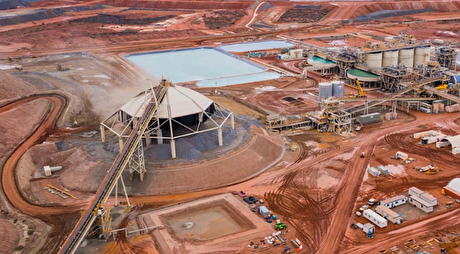
Gold Fields nears $2.4B Gold Road takeover ahead of vote

US startup makes thorium breakthrough at Department of Energy’s Idaho National Lab
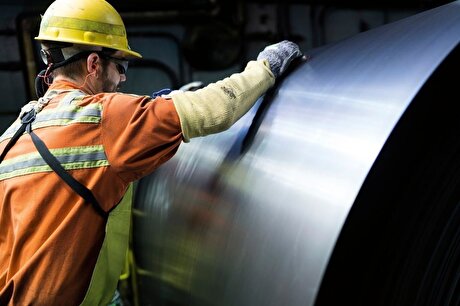
Cleveland-Cliffs inks multiyear steel pacts with US automakers in tariff aftershock
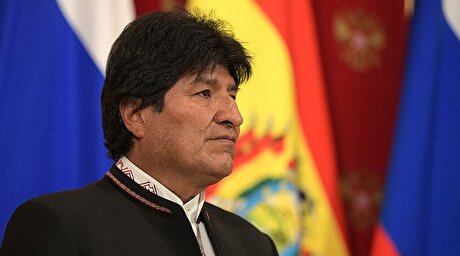
Bolivia election and lithium: What you need to know
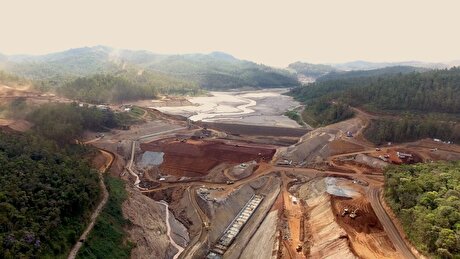
Samarco gets court approval to exit bankruptcy proceedings
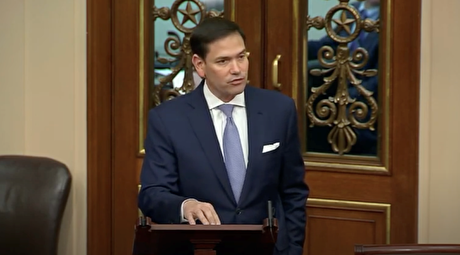
US eyes minerals cooperation in province home to Reko Diq
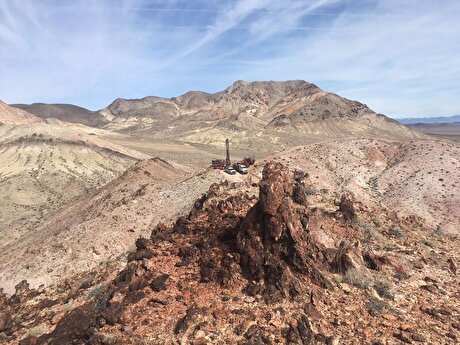
Allegiant Gold soars on 50% financing upsize

Explaining the iron ore grade shift

Metal markets hold steady as Trump-Putin meeting begins

Antofagasta posts biggest profit margins since 2021

Gold Fields nears $2.4B Gold Road takeover ahead of vote

US startup makes thorium breakthrough at Department of Energy’s Idaho National Lab

Cleveland-Cliffs inks multiyear steel pacts with US automakers in tariff aftershock

Bolivia election and lithium: What you need to know

Samarco gets court approval to exit bankruptcy proceedings

US eyes minerals cooperation in province home to Reko Diq

Allegiant Gold soars on 50% financing upsize

Explaining the iron ore grade shift














